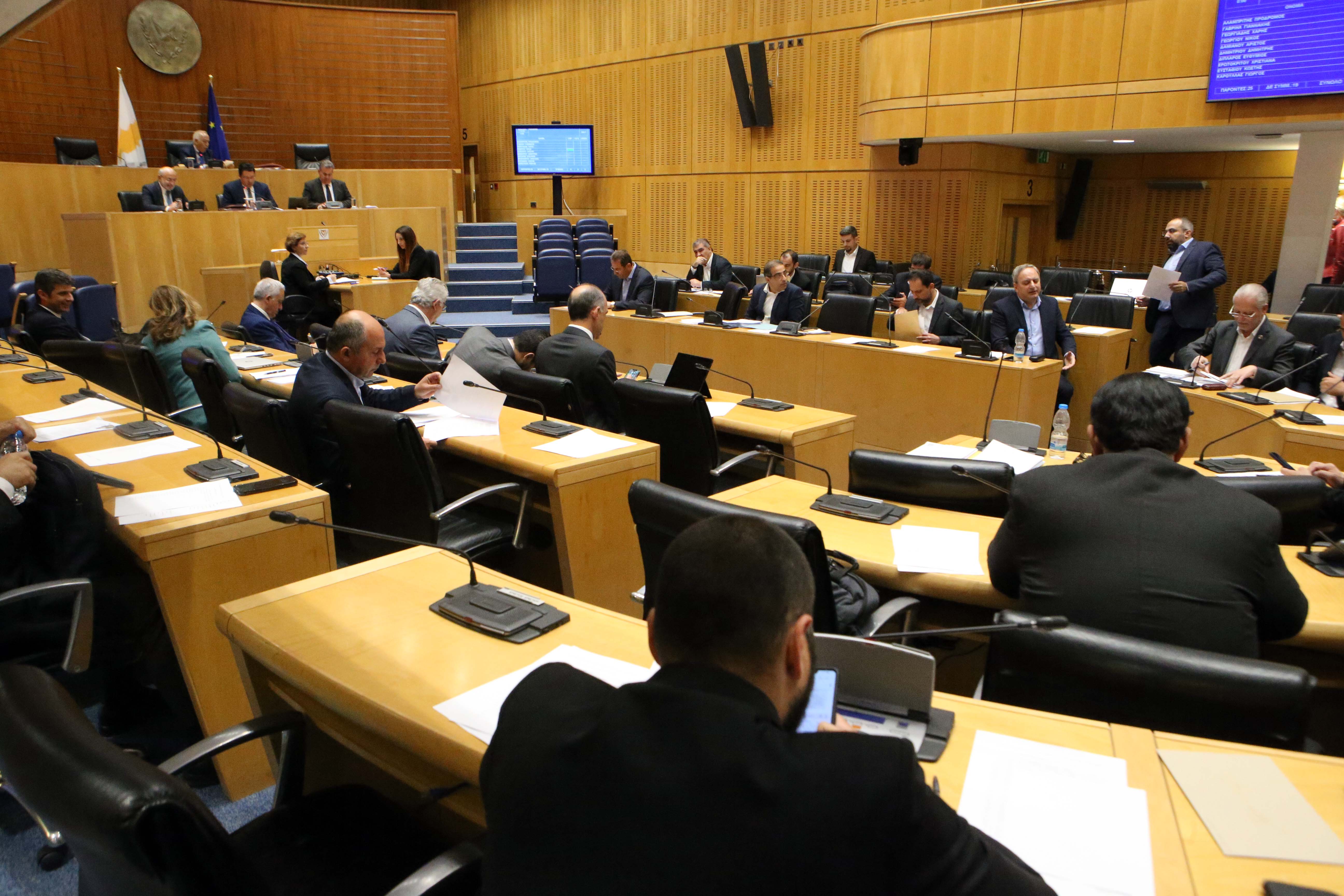After three years of debate in committee, parliament on Thursday voted through tweaks to the legislation governing the wealth declarations, or capital statements filed by state officials and Politically Exposed Persons.
The previous system of filing these statements had been widely deemed farcical, as it was rife with loopholes.
The amendments went through during the last session of the House plenary before it breaks for the summer recess.
Under the new system that now applies, the Tax Commissioner will check the capital statements. Previously, they were checked by auditors.
Capital statements – ostensibly ascertaining whether elected or appointed officials increased their wealth unjustifiably while holding office – must now be filed electronically, instead of on paper.
The wealth declaration must include the person’s assets and liabilities, as well as an income and expenses statement for the time period in question. Persons subject to this control must also file the same data for their spouse as well as for any dependents. If unmarried, they must report the wealth of their live-in partner.
Once checked, the filings will be posted on a dedicated website. They will stay there for as long as the person holds the office, plus for 12 months after he or she has left the office.
The amended legislation provides for severe penalties if a person intentionally provides false or misleading information regarding anyone subject to these wealth declaration checks. Such persons will be liable to a fine of up to €50,000 (up from the current €3,000) and/or a prison sentence of up to three years.
Moreover, strict confidentiality applies for any formal complaints that allege financial shenanigans on the part of the state officials subject to control. If anyone makes public such a complaint, they will be liable to a €10,000 fine and/or a jail sentence of one year.
Meanwhile the list of appointed officials subject to control has been expanded to include commissioners appointed by the president, associates/aides to the president or to government ministers, and the Contractors Council, among others.
A key point of contention was the inclusion or not of the attorney-general and the deputy AG on the list of officials obliged to file wealth declarations. In the end, MPs decided to include these two, but left out the judges of the supreme court.
A separate list will be created for the AG and the deputy AG. It will also include the head of the president’s press office, as well as the chairs and vice-chairs of the newly created district-level local authorities.
For this category of officials, their checked capital statements will be posted online within 30 days of filing. The statements will stay up for as long as these persons hold the office, plus for 12 months after they leave the office.
Following the vote on the House floor, MPs bickered over what they had accomplished.
Disy’s Demetris Demetriou said that parliament finally passed a substantive law pertaining to capital statements.
“With this, we are not vilifying wealth…rather we want to check every four to five years if someone’s wealth can be justified.”
Independent MP Andreas Themistocleous saw it differently. Addressing his colleagues from the podium, he said: “If you think that this will get corrupt officials thrown in jail, you’re dreaming.”
The latest drive to ‘fix’ the wealth declarations situation started in 2021, when as usual none of the statements submitted were checked by anyone, with MPs failing to complete the forms properly, leaving out information as they chose. The president and ministers also filed forms, which were available on the legislature website but only for a limited time.
In Greek the capital statements are known as ‘Pothen Esches’ – which literally translates to “Where did you get it from?”







Click here to change your cookie preferences